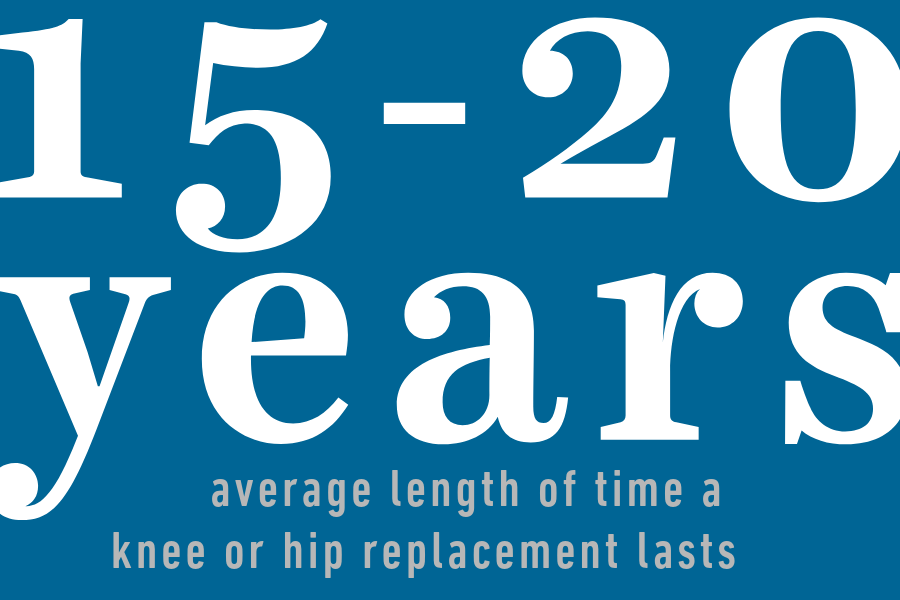What Is Osteonecrosis of the Hip?
If blood supply is lost to a bone, then the bone can die. This condition is called osteonecrosis and can affect any bone in the body, including the hip joint. Osteonecrosis of the hip can be caused by:
- Broken bone
- Dislocated joint
- Long-term use of high-dose steroids
- Excessive alcohol intake
- Certain diseases, including sickle cell anemia
- Fatty deposits in the blood vessels
- Cancer treatments, including radiation
Symptoms
Symptoms of osteonecrosis of the hip can vary and may include:
- Pain – Pain can be felt at the hip, groin, thigh or buttocks.
- Increased pain during activity – Pain may worsen when weight is put on the joint, such as during walking, running or climbing stairs.
Treatment Options
If you are experiencing chronic hip pain that isn’t improving, schedule an appointment with an orthopedic provider who can diagnose your condition. There are a wide range of treatment options available for individuals with osteonecrosis of the hip, including:
- Anti-inflammatory drugs – Anti-inflammatory drugs can help relieve swelling and reduce pain. Avoid anti-inflammatories with steroids as they may promote additional bone loss.
- Osteoporosis medication – Medicine to strengthen bones and prevent additional bone loss can help relieve pain and symptoms of osteonecrosis of the hip.
- Physical therapy – Exercises to strengthen the hip and surrounding muscles can help improve movement.
- Surgery – There are many surgical options for individuals with osteonecrosis of the hip, including decompression, bone transplant, osteotomy or joint replacement surgery.
Ready for an Appointment?
If you're experiencing signs or symptoms of osteonecrosis of the hip, schedule an appointment or call 800-TEMPLE-MED (800-836-7536) today.
Learn more about our doctors and care team who diagnose and treat osteonecrosis of the hip.

